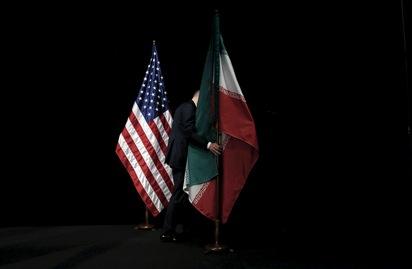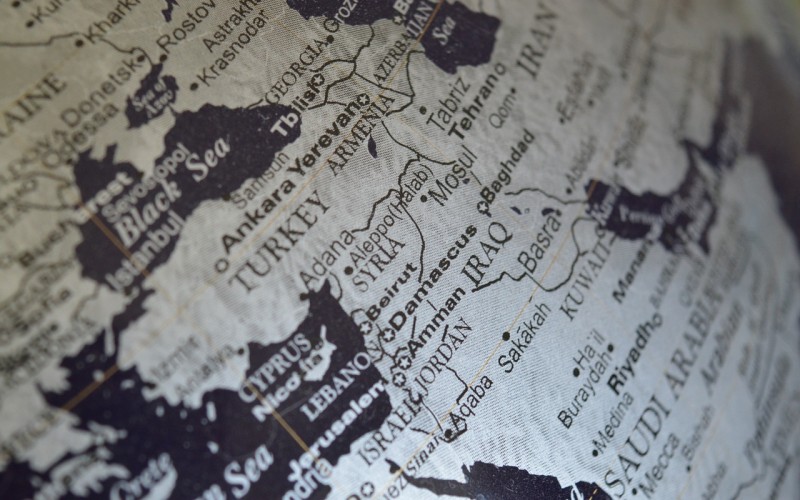What impact will globalization have over the next twenty years? According to Mathew Burrows and Alexander Dynkin, it will inevitably create a new international order. In today’s extract, they speculate on how violence in its various guises may define this order for both good and ill.

The character of globalization is changing, creating a more volatile global environment with increasing gaps between the core and periphery of the world economy. The loss of national sovereignty is a growing battle cry for those opposed to globalization. Globalization is no longer equivalent to Westernization; instead, it is occurring on terms set by non-Western cultures, as wealth and technology spreads to the east and the south. Globalization has reduced inequalities between developed and developing economies, but it has deepened economic differences domestically in practically all countries. Anti-immigrant sentiment is rising at a time of increasing job insecurity. The sources of instability are not just on the surface between nations, but are deeply rooted in cultures and societies undergoing immense unraveling. Financial crises can’t be ruled out even if the more polycentric financial system becomes more stable. The governance deficit—the absence and ability of any regulatory body to control market forces—is seen as a universal problem in both advanced and fledgling countries.






